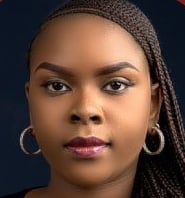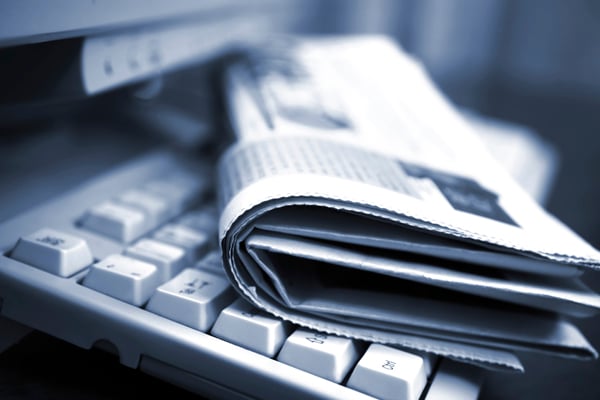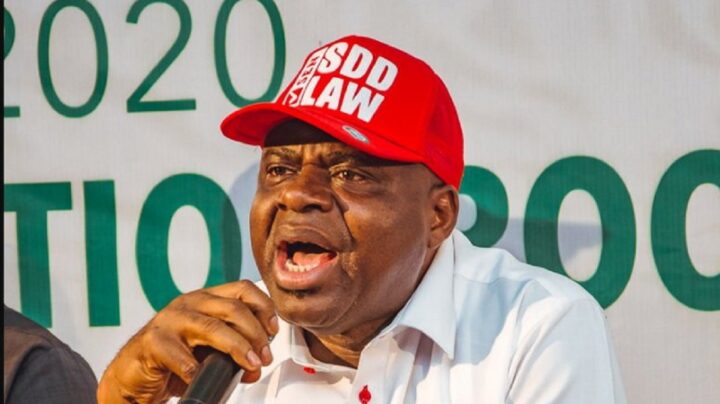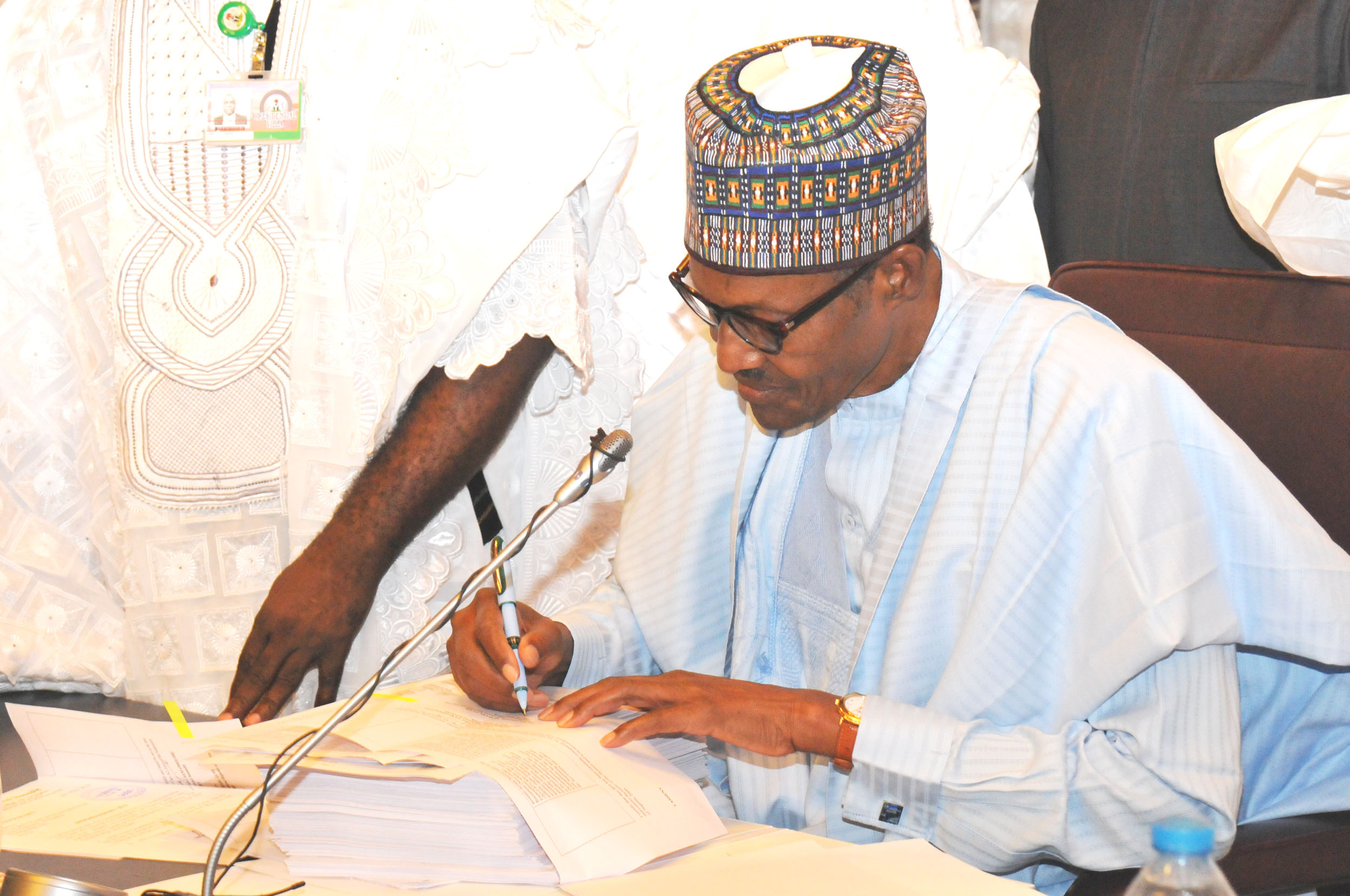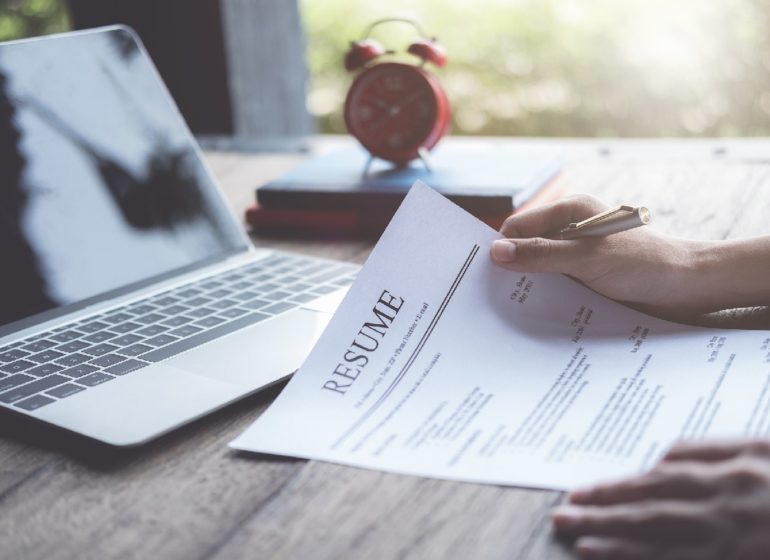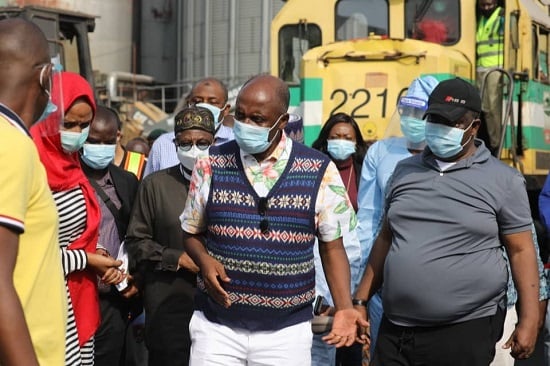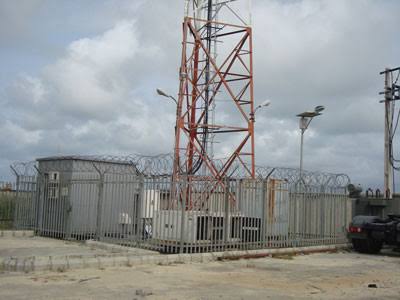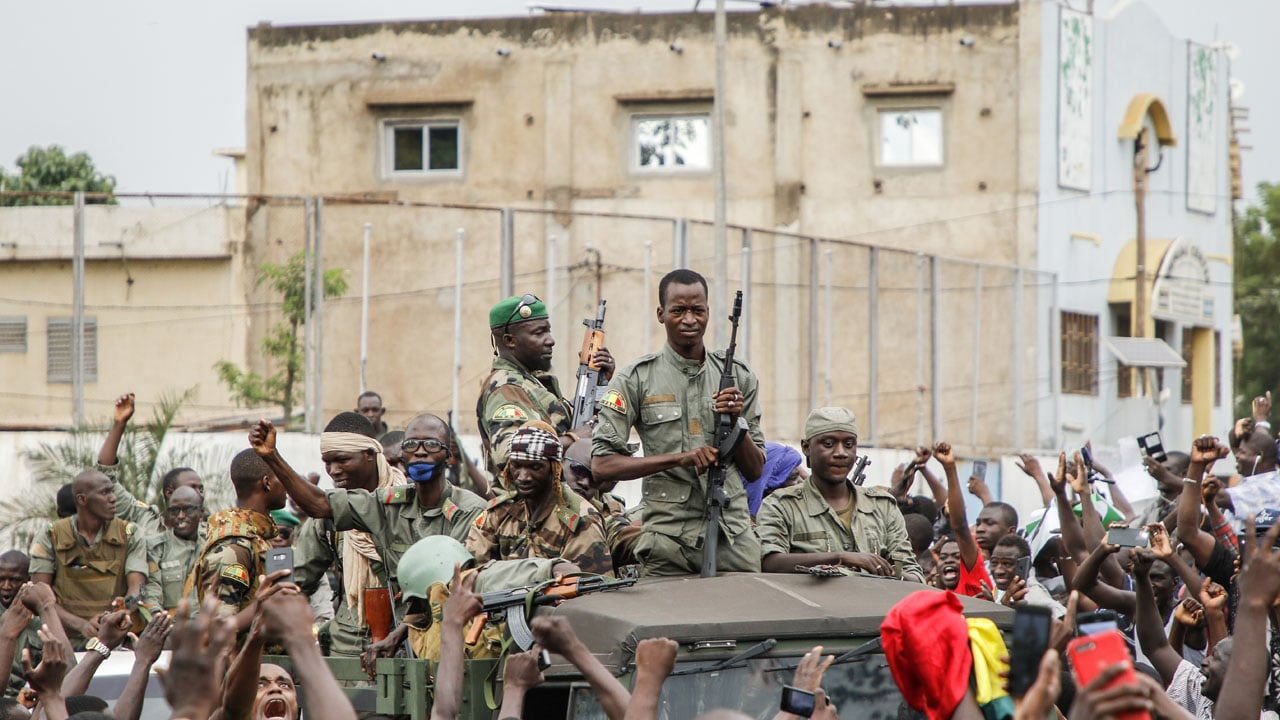Historically, the Nigerian media were designed to expose corruption, demand accountability and promote transparency. In the 160 years of its founding, our media have played pivotal roles at every point of the country’s transition. The media played a huge role in the country’s agitation for independence, galvanising the population to rally around the singular agenda of independence from the colonial masters. Through the turbulence of successive military regimes, interspersed with short bursts of attempt at democratic rule, the media stayed the course.
Journalists have continued to risk their lives and that of their families, particularly under the three decades of a ferocious military dictatorship in the country, trying to hold the successive military autocracies to account. For the Nigerian media, since the return to democracy in 1999, therefore, the challenge was always to maintain its watchdog role, demanding transparency and accountability and holding government to accountability.
In 2018, investigative reporting exposed a former minister of finance, Kemi Adeosun, with respect of a certificate forgery and attempted cover-up of corruption which led to her resignation.
By far, the most spectacular case of corruption exposure by the Nigerian media is the ongoing Malabu oil scandal involving a former attorney general and minister of justice of the federation, Mohammadu Adoke. The relentless coverage of the issue by the media made it impossible to cover up the case. After about four years on intensive muck-raking around the case, on the 11th of November 2019, Mr Adoke was arrested by Interpol in the United Arab Emirates but freed after Nigeria failed to take action five weeks later.
Advertisement
The digital revolution and the use of the digital tool by journalists have played a tremendous role in helping the media perform its watchdog role. Through the mechanism of data journalism, Nigerian journalism has come to rich season in intensive coverage and communicating the dangers of corruption through insight, analysis and impactful visualization. In 2018, an independent whistleblowing platform Leaks.NG, was set up and managed by a coalition of six investigative newsrooms in Nigeria who jointly investigate and publish together. This model is the only one of its kind in Africa which have succeeded in innovating competition towards collaboration and, by turning competition on its head, allow newsrooms to band together and do thorough investigations. In this rare display of the power of plurality, the newsrooms are able to withstand attempts at muzzling them because now the collaborative newsroom have handed their subjects an oak to contend with. Since its inception, the Leaks.NG partners have published five investigations. In 2019 alone, two of these investigations led to further investigations by two anti-corruption agencies in Nigeria, the Economic and Financial Crimes Commission (EFCC) and the Independent and Corrupt Practices Commission (ICPC). In one case, it led to the sack of the president of Nigeria’s football federation from his vice-presidential position in the African regional football administration body, the CAF.
What is fascinating about the current footprints of media exposure of corruption through their investigative reports is that no department of our nation’s life have been spared from core governance units in the executive branch to institutions including the prisons, the judiciary and the notorious police force.
This watchdog role of the media has not gone without stiff opposition from individuals and institutions engaged of power. The conventional wisdom is that the environmental context that the Nigerian media inhabit is essentially a repressive one. This is not an opinion but the outcome of data summation. In 2019 alone, the Press Attack Tracker, a civic technology tool developed to track and report violations against the press, recorded 74 violations against journalists; an average of 6 attacks every month. This fact alone indicates that Nigeria has remained in the red zone on the Press Freedom Index of the RSF ratings which ranks our country 120 of 158 in the 2019 ranking.
Advertisement
In this targeted attack against the Nigerian media, by both state and non-state actors have been in equal competition on who can inflict the higher pain on freedom of expression. Sadly too, these attacks have come in the wake of an unfortunate retreat by the legislature and judiciary from their responsibilities in defending civil liberties to muzzle the press.
The judiciary, through the courts, have been seen to uphold several bogus and unconstitutionally trumped-up charges against journalists including on terrorism, treason and criminal conspiracy.
Judicial commentators have slammed public officials and security agents on two particular cases; the Agba Jalingo and Jones Abiri trials. Both journalists are still standing trial for treason and terrorism charges even though their real offences appear to be no more than exposing corruption with the tool of investigative reporting. This has led citizens to pronounce on our courts as setting dangerous precedents for fundamental human right violations by state actors. These cases follow in line with established instances where the Muhammadu Buhari-led administration flagrantly refused to respect court rulings as in the case of Sambo Dasuki, the former national security adviser; the spiritual head of the Shiite Islamic sects in Nigeria, Ibrahim El Zak Zaky; and the recent violation of the sanctity of the courts when security forces besieged a courthouse to re-arrest journalist and politician, Omoyele Sowore, during court proceedings.
Part of the problem of the Nigerian judiciary is its often-mentioned weakness with respect to new vistas in the developments around the jurisprudence of freedom of expression. The Nigerian courts are notoriously out of sync with the bold and revolutionary decisions of sister courts within the common law tradition like in South Africa, Canada, India, and Ghana, as well as in regional courts such as the ECOWAS court which has ruled on several cases, in favour of the freedom of the press. In one such ruling, the court ruled that the protection of journalists is the responsibility of the State. The inability of the Nigerian courts to follow such precedents is indicative of a lack of judicial independence, which is in itself perhaps the greatest threat to our democracy.
Advertisement
Nigeria has also ratified several international documents such as Article 19 of the Universal Declaration of Human Rights guaranteeing the right to freedom of opinion and expression; this includes freedom to hold opinions without interference and to seek, receive and impart information and ideas through any media and regardless of frontiers.
Despite these constitutional provisions and treaties, the legislature has sponsored, ratified and/or are deliberating incredulously repressive laws that are in direct contradiction of constitutionally guaranteed rights such as freedom of expression and constitutionally assigned responsibilities such as is contained in Section 22 for the Press. Examples of such bills are the Social Media Bill, NGO Bill and the Cybercrimes Act.
To continue its noble and salient work for democratic accountability, the Nigerian media will benefit from lessons from regional and international bodies such as ECOWAS, the Commonwealth, and United Nations. There is no other time than now that our media is in desperate need of support as dark and ominous clouds are gathered on the political horizon.
This article first appeared on taz Panter Stiftung
Advertisement
Views expressed by contributors are strictly personal and not of TheCable.
